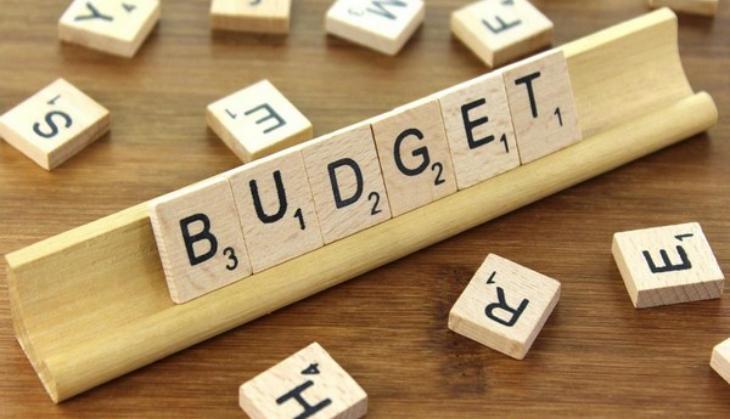New Delhi: Finance Minister Nirmala Sitharaman will present the Union Budget for the financial year 2020-21 on February 1, which is the second budget of the second tenure of the BJP government led by PM Narendra Modi.
Despite being a tough task at a juncture when India’s economy has dipped to a consistent slowdown the new budget is also expected to bring relief to the taxpayers as the Finance Minister is likely to increase in income tax (basic) exemption limit from the existing Rs 2.5 lakh to Rs 5 lakh. Several other measures including increased tax benefits on housing schemes, low GST on consumer durables and FMCG products along with Increase in Section 80C deduction limit are also on the list.
As the country is all set to witness the new budget on February 1, here are five interesting facts about the Union Budgets presented so far.

Welcome Halwa ceremony:
Making the Indian Budget unique among the annual budgets presented by all countries across the world, a Halwa Ceremony is held every year 10 days ahead of the tabling of the budget. The Halwa is prepared and served at the place where printing of the Budget papers are undertaken in secrecy. The entire Finance Ministry team and those staff involved in printing work is served with Halwa as a part of the Indian tradition to have sweets before important events.

India’s 1st Annual Budget was an Interim one:
Interestingly the first annual Budget which was tabled after India got its independence was only a review of the economy. No new decisions were taken in this Budget and no tax changes introduced in this Budget tabled on 26 November 1947. The then Finance Minister RK Shanukham Chetty had presented it in the Parliament.

Indira and Rajiv presented the Budget as PMs:
In a deviation from the prevailing tradition, in which the Finance Ministers are authorised to present the annual Budget every year, former Prime Minister Indira Gandhi has tabled it in 1969. However, she took over the charge as Finance Minister to do so after Morarji Desai resigned from the same post of disagreement with her.
Similarly, her son and the former Prime Minister of India Rajiv Gandhi presented the budget for the financial year 1987-88 after V P Singh resigned as the Finance Minister. Singh resigned after he was dismissed from the Cabinet in 1987 over a reason yet to be ascertained.

Morarji Desai presented the most number of Budgets:
Morarji Desai holds the record of presenting the highest number of annual budgets for the country. He had presented 10 Budgets in his career followed by P Chidambaram at 9 and former president Pranab Mukherjee at 8.

Budget Date and Timing:
In contrast to the budgets of other countries, the annual Budget of India is presented on a fixed date that is February 1. The former Finance Minister Arun Jaitley changed the date in 2017 from last working day of February to the first day of February, to allow more time for necessary changes before the implementation of the new Budget from the next financial year, starting on April 1.




 Ms Kalinga
Ms Kalinga